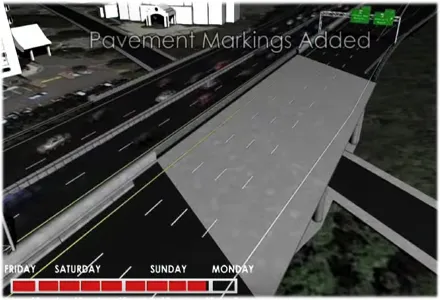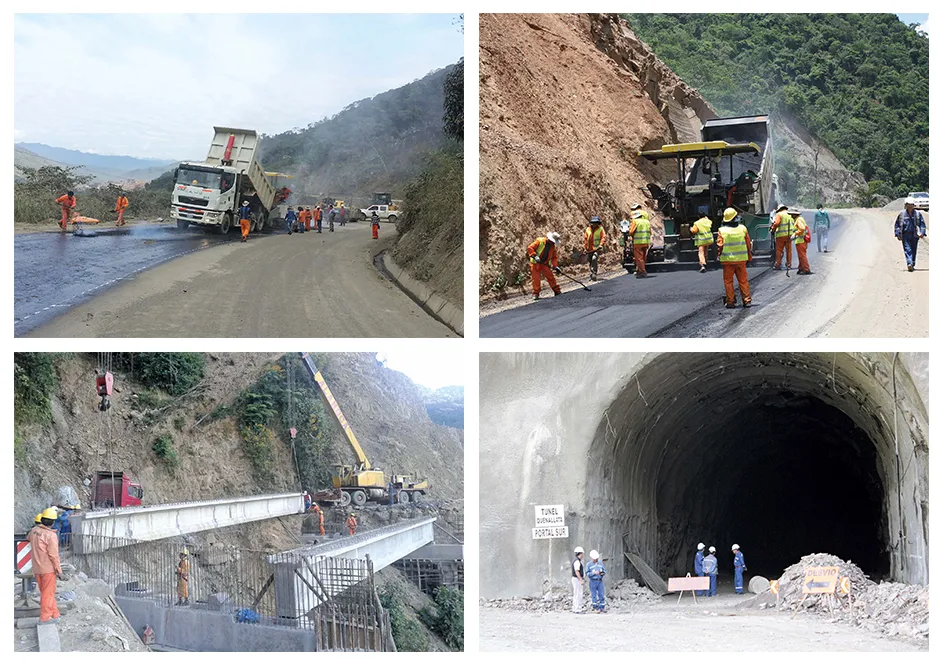The project is expected to cost €198 million, with €40 million already having been spent on works carried out so far. Only 350m of the emergency tunnel still needs to be completed. Work commenced in 2010 but was halted in 2013 due to the presence of large quantities of water in the strata. A new design is being used to cope with the presence of water and the Kramertunnel should be ready for traffic by 2024.
The tunnel sections are being driven using conventional drilling and blasting methods for the hard rock sections comprising around 80% of the length, and with excavators for the looser materials in the remaining 20%. Conventional rock support methods are being used with shotcreting and rock bolting and bolted pre-cast liners. Additional rock support is being used where needed also, while the design now includes extra waterproofing and suitable drainage with collection basins to handle the groundwater and meet environmental requirements. Connecting tunnel sections are located at 500m intervals to meet safety requirements.
South German road tunnel project to restart
Construction work on the Kramertunnel in South Germany is to restart. The tunnel is needed to help reduce traffic delays in the town of Garmisch-Partenkirchen in the southern German state of Bavaria and with lies next to the border with Austria. The twin tube tunnel stretches will both be around 2.8km long and the project will also include building six bridges as part of the new bypass around the town. The new bypass, with its tunnel and bridges, is required as traffic jams occur regularly in the town on th
July 26, 2018
Read time: 2 mins
Construction work on the Kramertunnel in South Germany is to restart. The tunnel is needed to help reduce traffic delays in the town of Garmisch-Partenkirchen in the southern German state of Bavaria and with lies next to the border with Austria. The twin tube tunnel stretches will both be around 2.8km long and the project will also include building six bridges as part of the new bypass around the town. The new bypass, with its tunnel and bridges, is required as traffic jams occur regularly in the town on the existing road. Heavy trucks and holiday traffic crossing the border with Austria can cause congestion.







